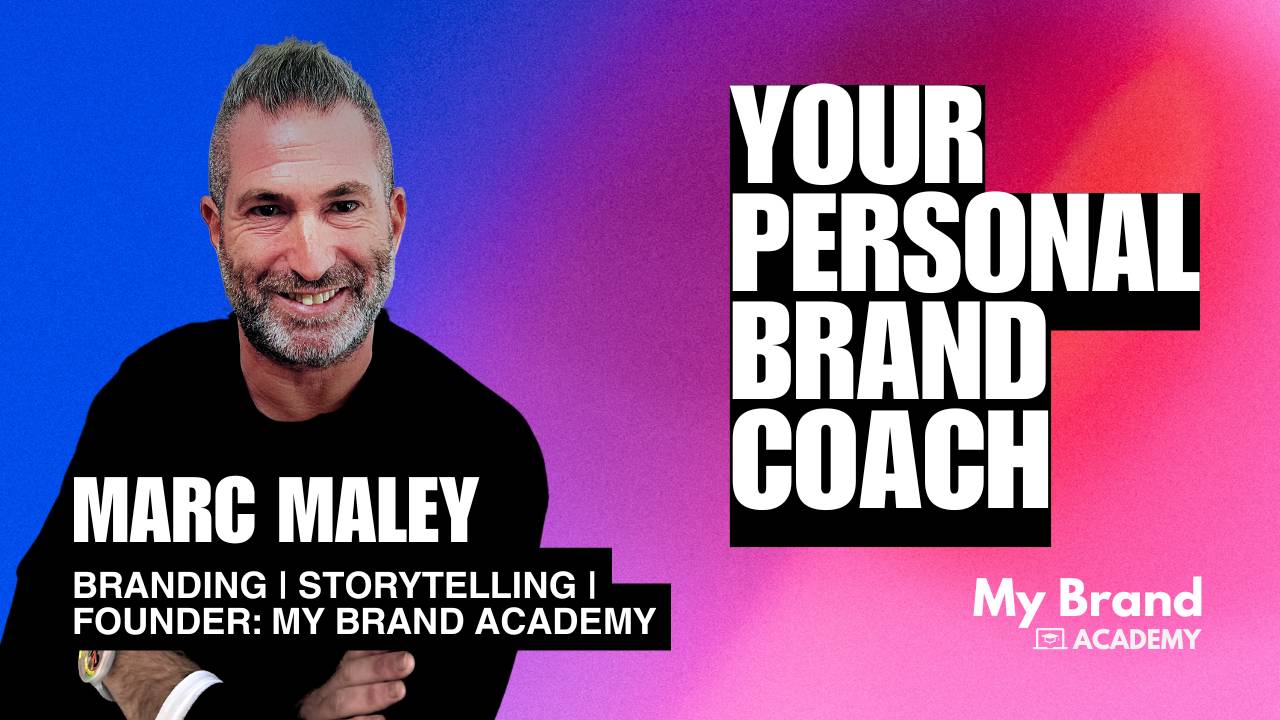What is Personal Branding and Why Does It Matter?
Oct 01, 2024
Introduction:
In today’s competitive professional landscape, standing out isn’t just about your resume or job experience—it’s about how people perceive you. This is where personal branding comes into play. Whether you’re a young professional, entrepreneur, or aspiring leader, understanding and managing your personal brand can open doors to new opportunities.
What is Personal Branding?:
Personal branding is the intentional process of defining and promoting what you stand for. It’s not just about self-promotion; it’s about authentically communicating your values, strengths, and unique qualities to the world.
Think of your personal brand as your reputation—what people say about you when you’re not in the room. Your brand influences how others see you, from potential employers to clients and colleagues.
Why Personal Branding Matters:
-
Stand Out from the Crowd: Personal branding helps you differentiate yourself. In a sea of job applicants or business competitors, a strong personal brand can make you more memorable and distinctive.
-
Create Trust and Credibility: By consistently showing up in an authentic way, you build trust. People are more likely to engage with and support those who they feel are genuine.
-
Gain Career Opportunities: A well-developed personal brand can attract opportunities, from new clients to career advancements. When you control your narrative, you position yourself as an expert and thought leader in your field.
Elements of Personal Branding:
-
Values: What do you stand for? Are you driven by innovation, collaboration, or integrity? These values should be at the heart of your personal brand.
-
Strengths: What are your key skills and strengths? Highlight what makes you unique and how you add value to your organization or community.
-
Authenticity: Be genuine in your branding. People can tell when someone is not authentic, and it can harm your credibility.
How to Start Building Your Personal Brand:
-
Self-Reflection: Start by understanding yourself—your passions, values, strengths, and weaknesses. Reflect on the impact you want to make.
-
Consistency: Ensure that your messaging across social media, professional profiles (like LinkedIn), and interactions are consistent with your brand.
-
Online Presence: Your digital footprint is a huge part of your personal brand. Invest in your LinkedIn profile, personal website, and social media platforms to make sure your online presence reflects your brand identity.
-
Networking: Your personal brand extends to how you interact with others. Build and nurture genuine relationships with peers, mentors, and colleagues.
Conclusion:
Your personal brand is your greatest asset, whether you're looking for your next career move or growing your business. By being intentional about how you present yourself and ensuring your values, strengths, and message are clear, you can build a strong personal brand that opens doors and accelerates your growth.



